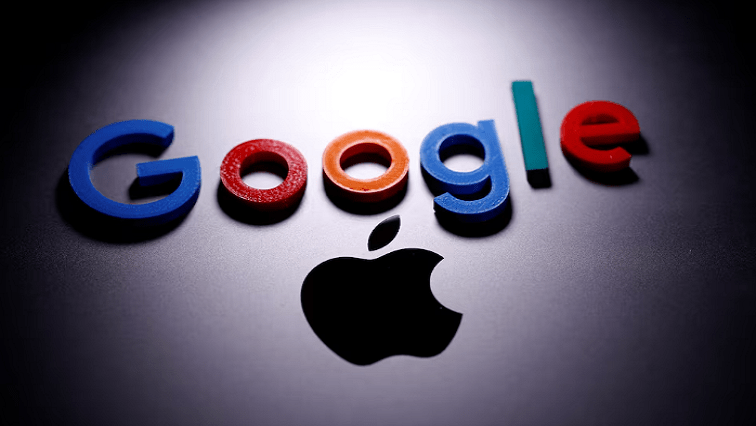Big Tech is facing its biggest challenge in decades as antitrust regulators on both sides of the Atlantic crack down on alleged anti-competitive practices that could result in break-up orders to Apple and Alphabet’s Google, a first for the industry.
That in turn could inspire watchdogs around the world to pile on, as evidenced in the growing number of antitrust probes in various countries following the opening of EU and U.S. cases. Since AT&T was broken up exactly 40 years ago, no company has faced the possibility of a regulator-led break-up in the United States until now.
Google has said it disagreed with the EU’s accusations while Apple said the U.S. lawsuit is wrong on the facts and the law.
In 1984, AT&T, opens new tab, also known as Ma Bell, was broken up into seven independent companies called “Baby Bells” to open up one of the most powerful monopolies of the 20th century. AT&T, Verizon and Lumen are currently the only surviving entities.
Regulators now allege companies such as Apple, opens new tab and Google, opens new tab have built impenetrable ecosystems around their products, making it difficult for customers to switch to rival services, which led to the coining of the term walled gardens.
The U.S Department of Justice on Wednesday warned Apple, a $2.7 trillion company, that a break-up order is not excluded as a remedy to restore competition after it teamed up with 15 states to sue the iPhone maker for monopolising the smartphone market, thwarting rivals and inflating prices.
Even so, it will likely take years to decide the case, which Apple has vowed to fight.
The U.S. actions come on the heels of other mounting threats across Europe this week.
Big Tech will face more scrutiny shortly with Apple, Meta Platforms, opens new tab and Alphabet likely to be investigated for potential Digital Markets Act (DMA) violations that could lead to hefty fines and even break-up orders for repeated breaches, people with direct knowledge of the matter told Reuters on Thursday, on the condition of anonymity.
EU antitrust chief Margrethe Vestager helped pave the way for drastic measures last year when she accused Google of anti-competitive practices in its money-spinning adtech business and that it may have to divest its sell-side tools.
She said that requiring Google to sell some of its assets seemed to be the only way to avoid conflicts of interest as it would prevent Google from allegedly favouring its own online digital advertising technology services versus advertisers and online publishers.
Vestager is expected to issue a final decision by the end of the year.
European Parliament lawmaker Andreas Schwab, who was heavily involved in drafting landmark EU DMA tech rules that kicked in this month, said lawmakers want bold action against Big Tech which flouts rules.
“If they don’t comply with the DMA, you can imagine what Parliament will ask for. Break-ups. The ultimate goal is to make markets open, fair and allow more innovation,” he said on Friday.






